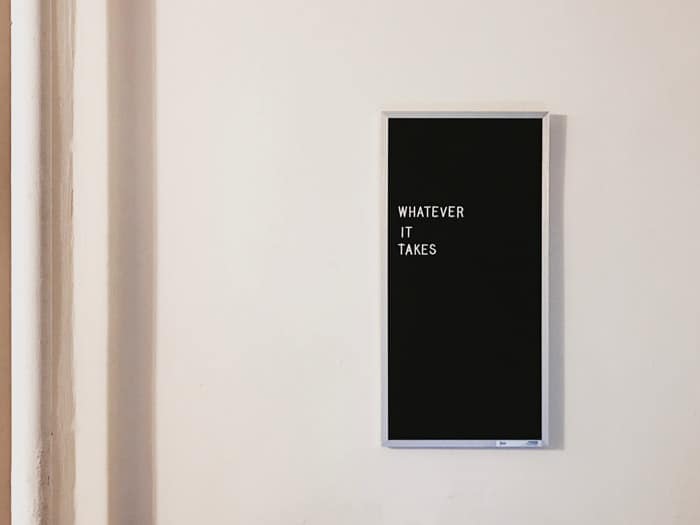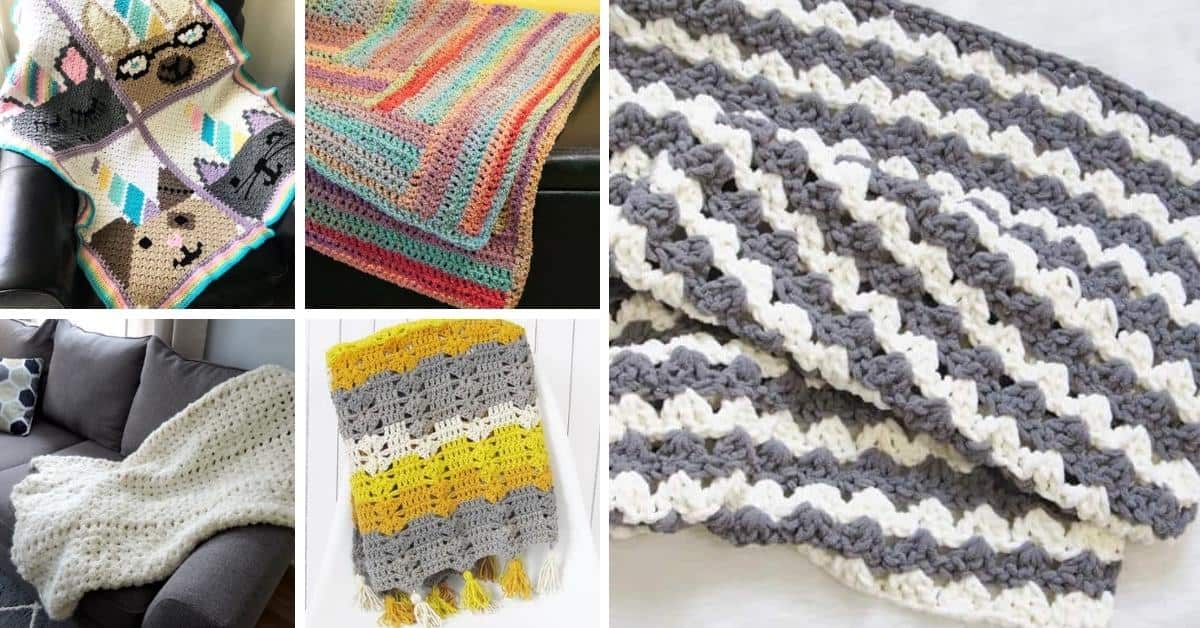

Living with debt is a reality for a lot of people. With the exorbitant cost of college, many young adults enter the working world already in debt.
Aside from student loan debt, others have mortgages, credit card debt, car payments, and personal loans.
Paying off debt can feel impossible, but there are some tips to help make your repayment manageable.
It’s important to know your financial goals, your options for repayment, and ways in which you can maximize your ability to get out from under debt.
Here are 7 tips you need to know when paying off debt.
You Can Consolidate
When paying off debt, It’s important to know that certain types of debt can be consolidated. This is often common with student loan debt.
Other types of debt that can often be consolidated include credit card, medical, and personal loans.
Generally, debt with collateral, like a car payment, cannot be consolidated, while debt without collateral (unsecured debt) usually can be.
If you have 4 different debt payments, as long as they are eligible, you can consolidate them into one cumulative debt.
That means instead of 4 monthly payments, you will have just one. Usually, the monthly payment is lower and the loan term (how long you will pay it off) is longer.
Debt consolidation can be a great option for many people. However, it’s important to note that when you consolidate, your overall debt burden often increases.
When you have a lower monthly payment and longer loan term, the interest will compound and you may end up paying off more in the end from accrued interest.
Use An Avalanche or a Snowball
There are 2 main camps when it comes to debt repayment strategies. These strategies are called the Debt Avalanche and the Debt Snowball methods.
Lots of snow motifs, I know. Apparently, finance gurus want you to take a “Winter Is Coming” approach to your debt.
The Debt Avalanche method involves paying off your debts with the highest interest rates first.
The higher your interest rate, the more you will owe over a longer period of time. The longer it takes you to pay, the more your interest will accrue.
So, if you pay off the highest interest rate balance first, you will be, theoretically, getting out cheaper than if you tackle smaller interest rate balances first.
Contrarily, the Debt Snowball method involves tackling your smaller debt balances first.

The idea is that if you pay off your smaller debts, you will have fewer debts and fewer monthly payments. You can then take the extra money that would have gone towards those minimum payments and put them towards your higher balance debts.
Seeing that you have paid off one of your debts can motivate you to keep going, reduce your overall debt, and snowball up to paying off your highest debt.
The debt snowball method can help you build healthy repayment habits, but it can also cost you more in the end. If some of your larger balances have higher interest rates, that interest will accrue costing you more money, and possibly, more time.
Make a Budget
Create a budget so you having a running account of all of your expenses and income streams.
When you can visually see how much is coming in and how much is going out, you can better allocate your expenses.
Budgets force you to acknowledge how much you’re spending and where.
This can help you identify areas in which you can cut expenses and funnel that money towards debt repayment.
Can you cut down on cable? Do you have transportation alternatives?
Budgeting is necessary for all financial planning. Get our guide for building a budget you don’t hate here.
Side Hustle
Paying off debt can feel especially difficult, or even near impossible if you’re earning a low income.
If you are working with a low income, it’s possible that you won’t be able to cut many categories of your budget.
In this case, bringing in extra income may be helpful. Getting a side hustle like walking dogs, driving Uber, pet sitting or any other side source of income can help you earn a sum that can be contributed towards your debt payoff.
Take any extra money you earn from your side hustle, or that you earn from a tax return or as a gift and put it all towards your debt repayment plan.
Find your perfect side hustle here.
Always Make Minimum Payments
You should always make the minimum payments on your balances to avoid fees and higher interest rates.
Failing to pay at least your minimum balance on all debts can even hurt your credit score.

If you want to pay down a particular debt first (whether it’s your highest interest rate or lowest balance), put as much as you can afford towards that one balance while still paying the minimum balance on all of your other payments.
Renegotiate Your Payments
There is always the possibility of negotiating with your debt collector. Often, with student loan debt there are different repayment options, such as a plan based on income.
If you’re struggling to make your minimum payments, give your collection agency a call and see if you can negotiate lower monthly payments temporarily.
Be honest on the phone. Let them know why you aren’t able to make the current payments and explain what you’re doing to get back on track.
See if they’re willing to accept lower monthly payments temporarily.
Have An Emergency Fund
It’s so important to have an emergency fund built up before you allocate extra funds towards debt repayment.
Aside from paying your minimum balance, extra funds should go towards building up a $5,000 – $10,000 emergency fund.
This fund is your cushion in cases of emergencies, like losing a job. It’s important to have some extra cash stashed away before allocating it towards your debt repayment.
Living with debt can be stressful. But knowing how to manage can help you take control back of your financial future.


























